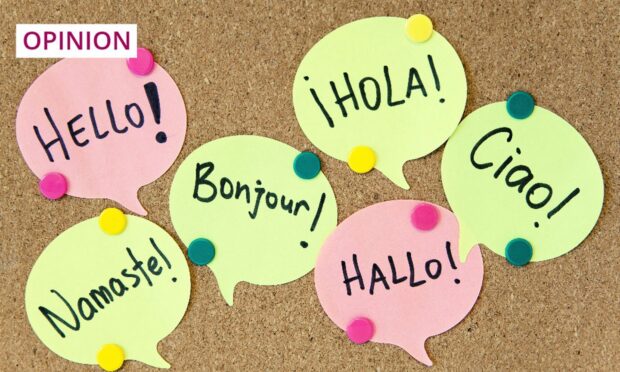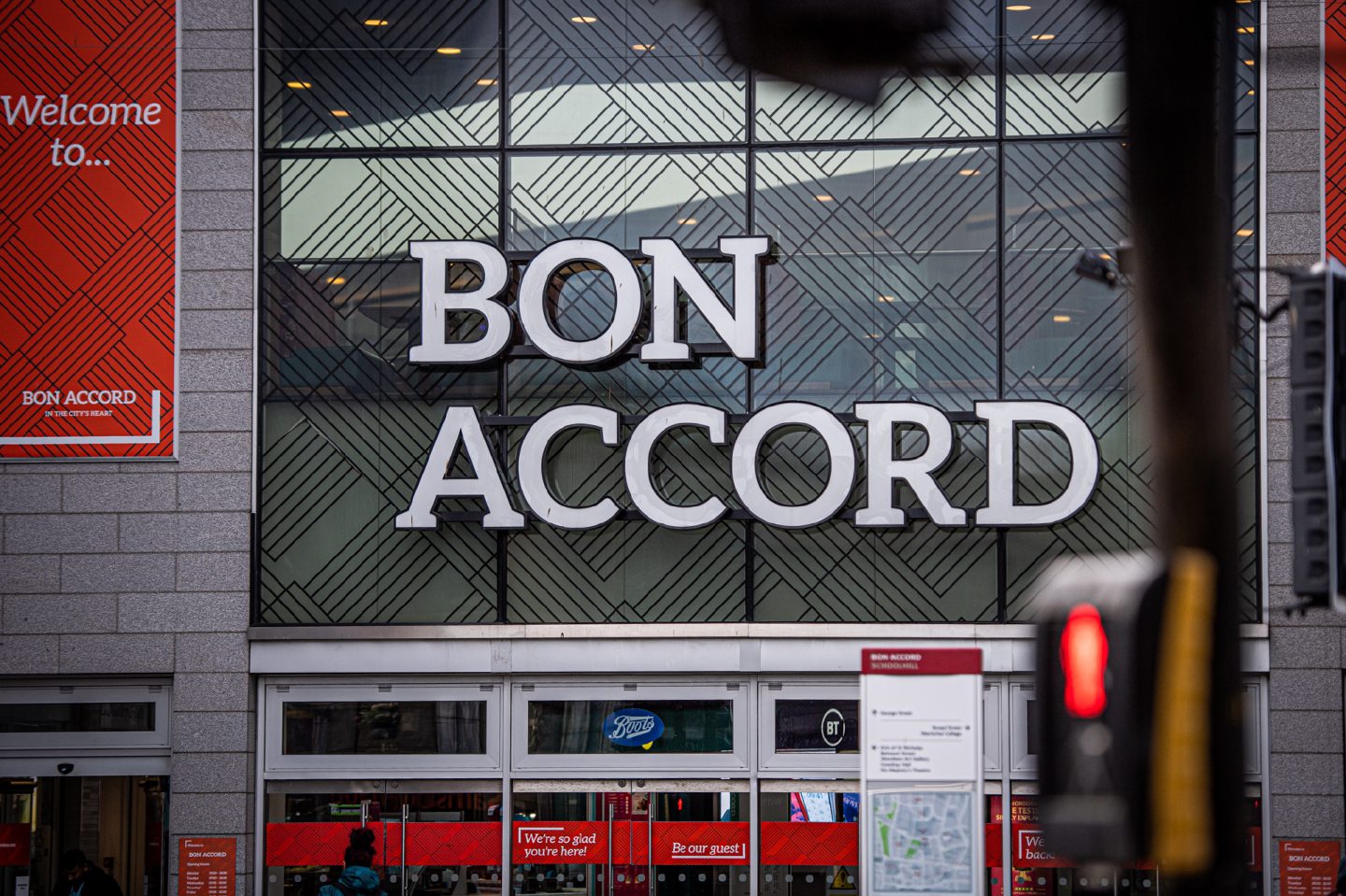It was a pleasure recently to visit Cults Academy and talk to S3 pupils about the horizons broadened by language learning.
We were joined by a final-year student from the University of Aberdeen, who enthused them with stories about her placement year in France. As many do, she had found her time abroad transformative.
Being part of daily life and culture in another country is a hothouse for language skills. And living on one’s wits in another language is ideal for building personal confidence and resilience.
With their passion for global languages and cultures, our students are ideal ambassadors. They can inspire the next generation of learners and remind them that all the hard work of “getting the grammar right” is worth the effort, because it unlocks the door to new ways of seeing the world.
In partnership with SCILT, Scotland’s national centre for languages, the University of Aberdeen has developed a new language mentoring scheme that pairs languages students with budding linguists in schools.
Last year, the scheme reached around 50 students in five schools across Aberdeen city and Aberdeenshire. With the help of SCILT, it has now been extended across Scotland, from South Ayrshire to Thurso. This will give nearly 300 aspiring linguists the chance to learn from a mentor about the power of multilingualism, fuelling them with the motivation to pursue their languages journey.
But language learning isn’t just about opening up horizons and seeking out new cultures, places and people. It’s also about ensuring people are equipped with the linguistic skills and intercultural literacy to connect our region to the world.
North-east only stands to benefit from multilingual residents
A 2022 study by the think tank RAND Europe argues that every pound invested in language education can return two. In an ever more globalised world, says the study, the UK’s limited multilingualism is a key barrier to trade. Removing it could add an additional £19 billion to UK exports.
A region like the north-east, whose industries are oriented towards multinational and multilingual trading partners, only stands to gain from a workforce fluent in the world’s languages and the different cultures they express.
Multilingualism in Aberdeen is as old as the city itself. The city’s motto, “Bon Accord”, reminds us of enduring links between Scotland and France, based not just in commerce but in shared values, beliefs and ideals.
Multilingualism is also embedded in the long history of the University of Aberdeen, whose founders in the 15th century were fluent in Latin as well as their own vernacular languages, and where the teaching of language degrees began in the late 19th century.
Today, Aberdeen’s teaching and research in languages covers the globe, through its French, German, and Spanish and Latin American degrees. But it also foregrounds Scotland’s own multilingual heritage, with expertise in Doric, Gaelic and Scots. Indeed, Aberdeen is one of only four universities in the world offering degrees in Gaelic.
Languages degrees transform how we see the world
As such, Aberdeen has a key role to play in sustaining access to education in languages and cultures for the whole of the north of Scotland. Its geographic proximity to the Highlands and islands offers potential students from across the north access to a university with strength across the humanities, sciences and social sciences.
Having a regional university of such breadth gives genuine options to those not in a position to travel to the Central Belt or beyond for a university education. But it also shows talented people that they don’t need to head away, but instead can stay and energise their home region.
Amongst the options under consideration is the withdrawal of degrees in languages and cultures
In November, the University of Aberdeen announced a review of its languages provision. Amongst the options under consideration is the withdrawal of degrees in languages and cultures. The announcement has prompted vigorous debate and UK-wide expressions of support for the value of languages, multilingualism and intercultural communication.
Languages degrees transform how we see the world by encouraging us to inhabit other ways of speaking and thinking about it. And, as the pupils at Cults discovered one morning last week, they also have the power to transform lives.
Edward Welch is Carnegie Professor of French at the University of Aberdeen


Conversation